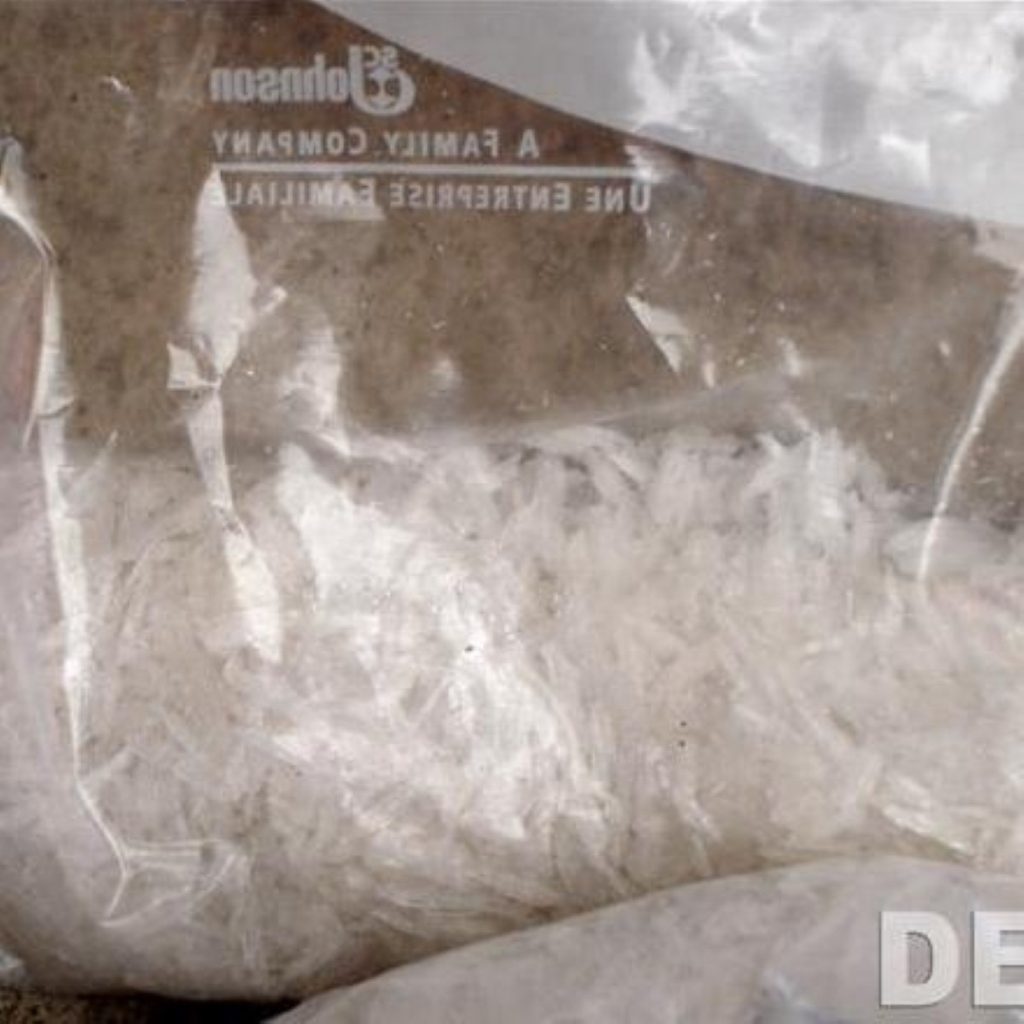Prison not working for drug-users, report finds
Locking up offenders for drug-related crime risks doing more harm than work, a major review of drugs policy has concluded.
The UK Drug Policy Commission said many drug users receive poor support in prison, with many going on to re-use or overdose on their release.
With prison proving an inappropriate forum for treating problem drug use, the commission concluded one of the “striking findings” to emerge from its research was that community sentences are likely to be more beneficial.
The report is published as justice minister David Hanson prepares to announce the government’s new policy on prison drug treatment, alongside public health minister Dawn Primarolo.


The government will also this week publish its second ten-year strategy for tackling drug misuse.
Commission chair Dame Ruth Runciman said the standard of care and support for prisoners with drug problems is falling well short of minimum standards.
Exacerbating this was a failure to assess which treatment programmes work, despite the government spending more than £330 million treating offenders in England and Wales.
“We simply do not know enough about which programmes work best for whom,” the report concluded.
This included the flagship CARAT treatment programme, which costs £31 million a year to run and was used to treat 78,000 new prisoners last year. Despite this there had been no evaluations of its effectiveness, the commission found.
The report also criticised the lack of after care for prisoners concluding their sentences, finding many of the 40,000 that detox in prison end up back on drugs, with many fatally overdosing.
Dame Ruth concluded: “The review we have carried out demonstrates just how far the prison system needs to travel if it is to deliver a standard of health care and support for prisoners which is sufficient to make a sustained impact on offenders’ problem drug use once they leave.”
Mr Hanson said: “Drug treatment has a critical role to play in reducing harm to the community through a reduction in drug-related re-offending and in reducing harms to individuals.
“The report recognises the challenges facing the criminal justice system in addressing the problems caused by drug-misusers, the difficulty in treating a chronic relapsing condition and acknowledges improvements made in recent years, including significant increases in resources for drug treatment leading to increased numbers being treated.”
The Liberal Democrats said the report reinforced their argument that the government should order drug treatment for non-serious offenders, rather than send them to prison.
Justice spokesman David Howarth said: “For these offenders, effective drug treatment outside prison will have a far greater impact on reducing future crime than short-term prison sentences.
“This reports adds to the growing evidence that effective community sentences are of far greater benefit to society than revolving-door custodial sentences.”












